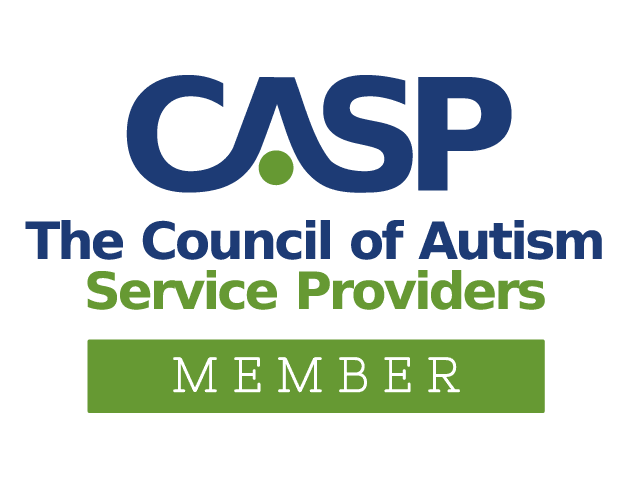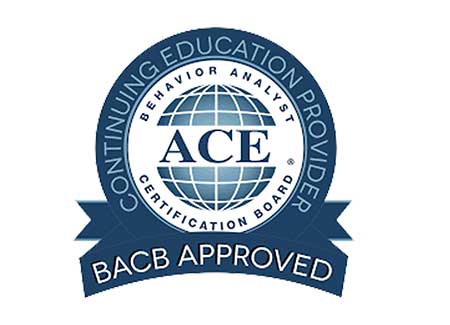What Is ABA?
“Applied Behavior Analysis [ABA] is the process of systematically applying interventions based upon the principles of learning theory to improve socially significant behaviors to a meaningful degree, and to demonstrate that the interventions employed are responsible for the improvement in behavior.” – Baer, Wolf, & Risley, 1968
ABA is an intensive, structured teaching program in which social and communication behaviors are broken down and rehearsed in their simplest elements. The goal of this treatment should address improving communication, social interaction, and play skills.
Baer, D.M., Wolf, M.M., & Risley, T.R. (1968). Some current dimensions of applied behavior analyis. Journal of Applied Behavior Analysis. 1, 91-97.

Endorsements of ABA Use for Autism
The following organizations officially endorse/recognize the effectiveness of ABA for treating ASD:
American Association on Intellectual and Developmental Disabilities
American Academy of Child and Adolescent Psychiatry
Autism Speaks
Centers for Disease Control
ME Administrators of Services for Children with Disabilities
MA State Dept of Developmental Services
MA State Deptartment of Mental Health
MA State Dept of Public Health
National Institute of Child Health and Human Development
National Institute of Mental Health
NY State Deptartment of Health
Organization for Autism Research
US Surgeon General
And More…
Who Is Qualified to Provide ABA Intervention?
From Autism Speaks.org
Just as a medical treatment program should be directed by a qualified medical professional, ABA programs for learners with autism should be designed and supervised by qualified professionals, which include either licensed clinical psychologists with training in applied behavior analysis or behavior analysts, who are board certified with supervised experience providing ABA treatment for autism or who can clearly document that they have equivalent training and experience.
Because of the huge demand for ABA intervention for autism, many individuals and programs now claim to provide ABA. Some are private practitioners or agencies that offer services in a family’s home. Others operate private schools. And still others provide consultation services to public schools.
Unfortunately, some who claim to offer ABA lack the field’s established minimum requirements in education and practical experience. Family members, teachers and others involved in developing an individual’s therapy and support program should keep the following in mind when choosing an ABA program or practitioner: Always check credentials of those who claim to be qualified in behavior analysis. For example, for licensed clinical psychologists, you should inquire about the level of training in behavioral interventions for autism, including training in applied behavior analysis. For behavior analysts, you should determine whether the person has been credentialed with the Behavior Analyst Certification Board or the Association of Professional Behavior Analysts. These professionals often supervise other people, including paraprofessionals, who will be working directly with your child. Thus, it is important that you feel confident that the licensed clinical psychologist or behavior analyst is providing regular supervision to anyone working directly with your child.
Parents, guardians and other care givers should monitor the program by observing sessions and participating in training sessions and consultations.








